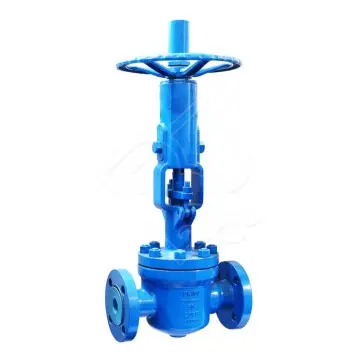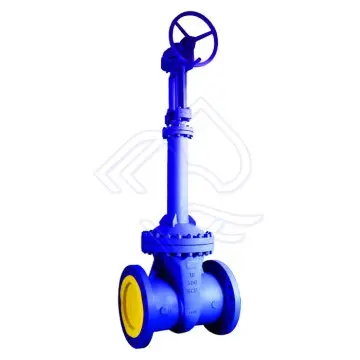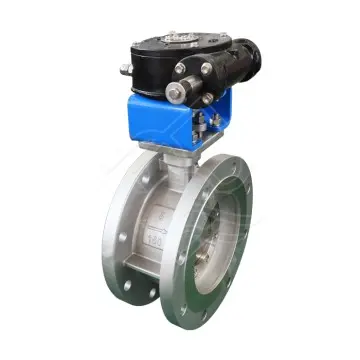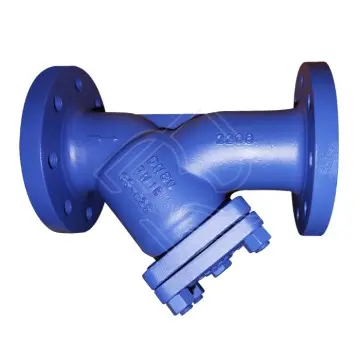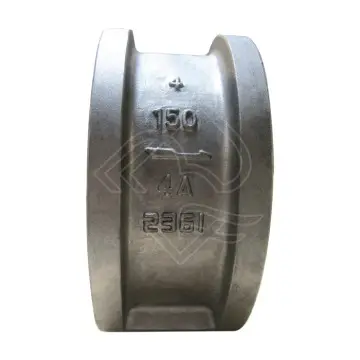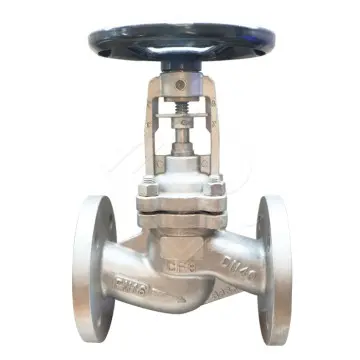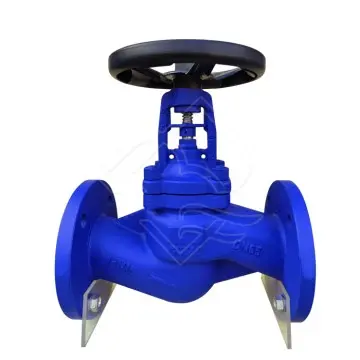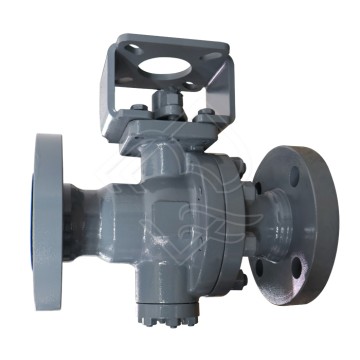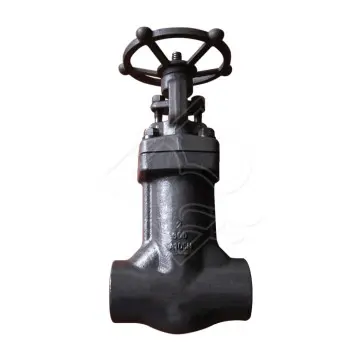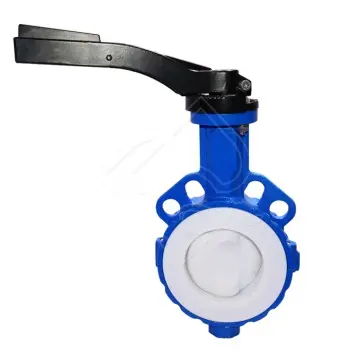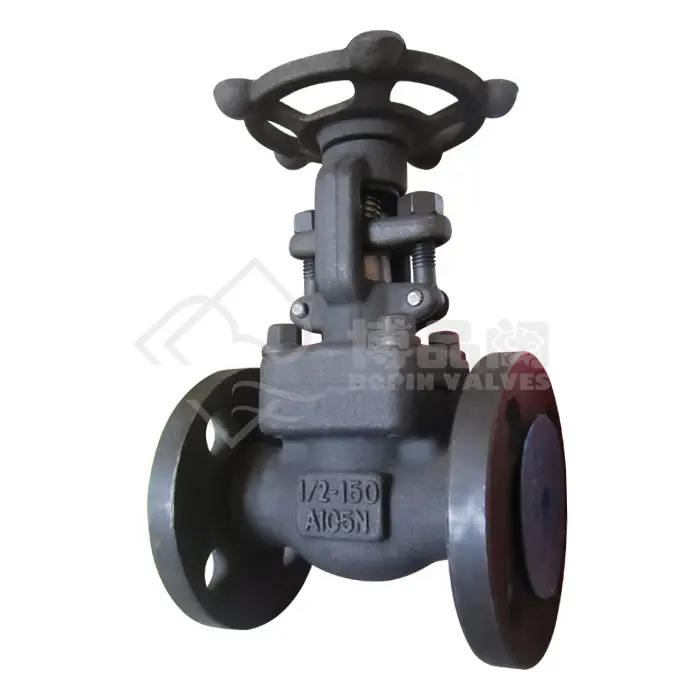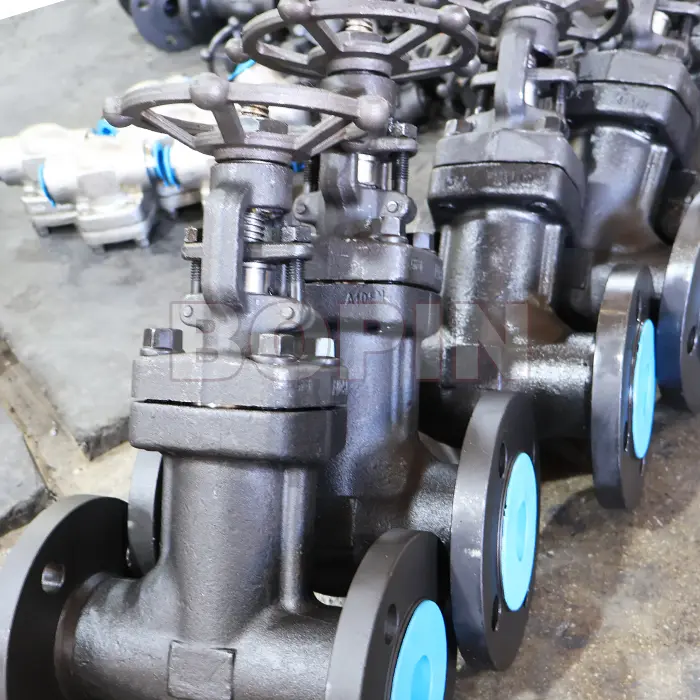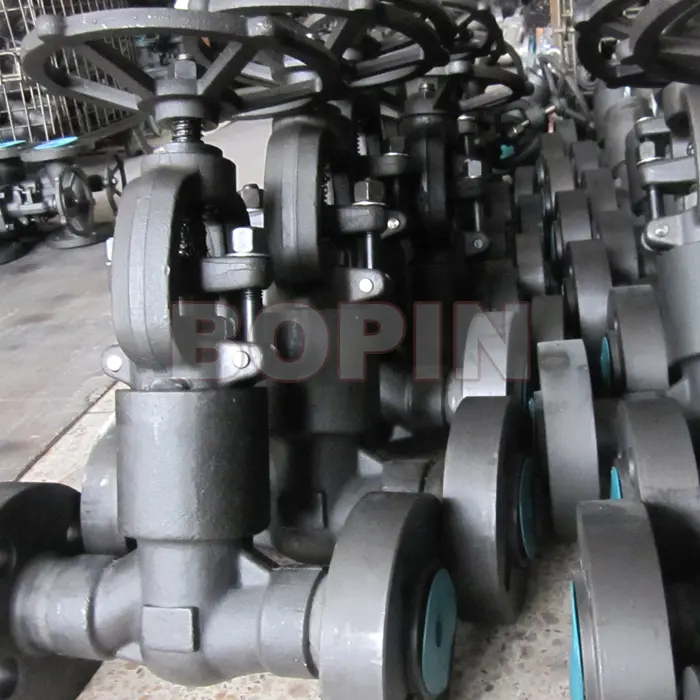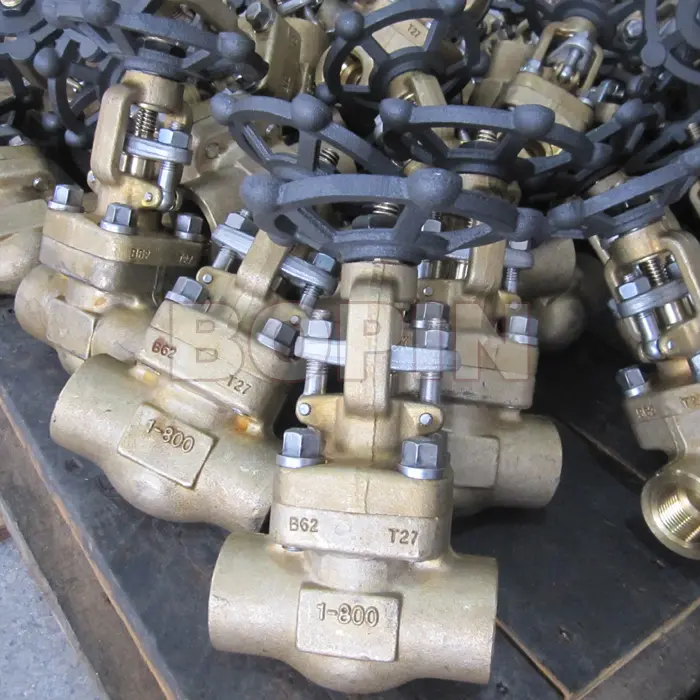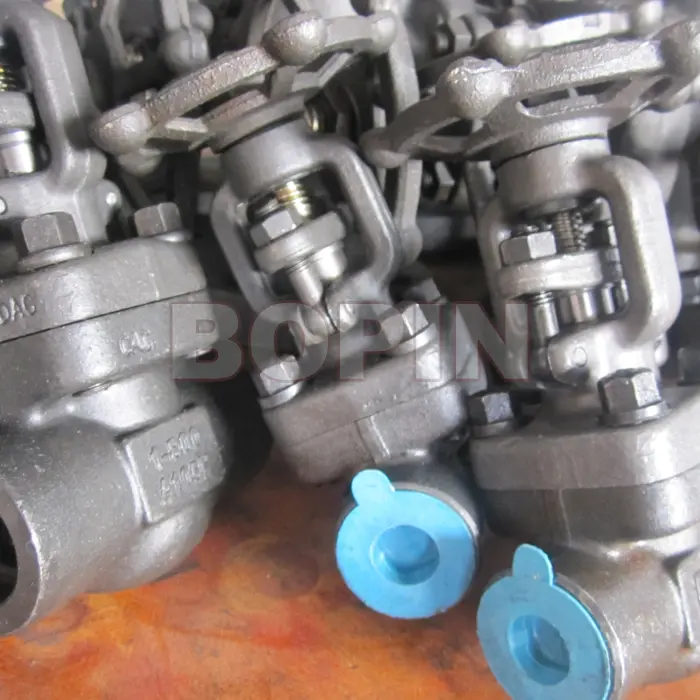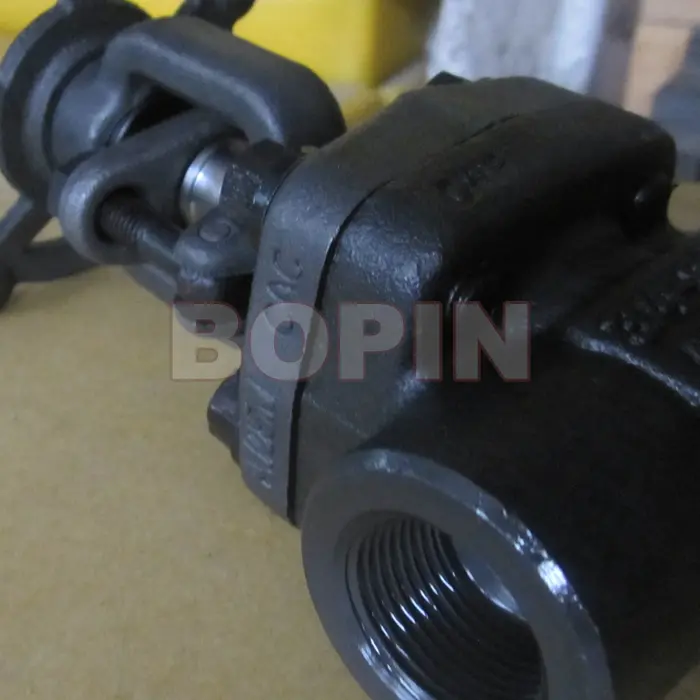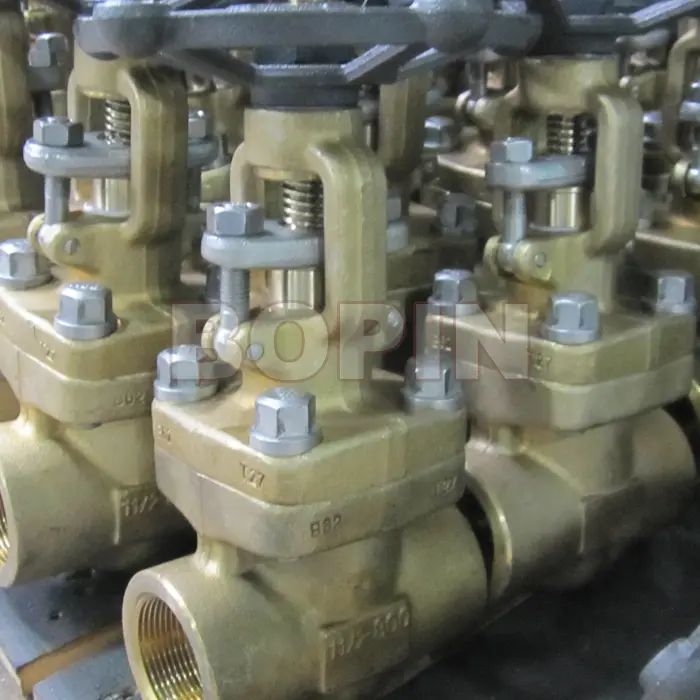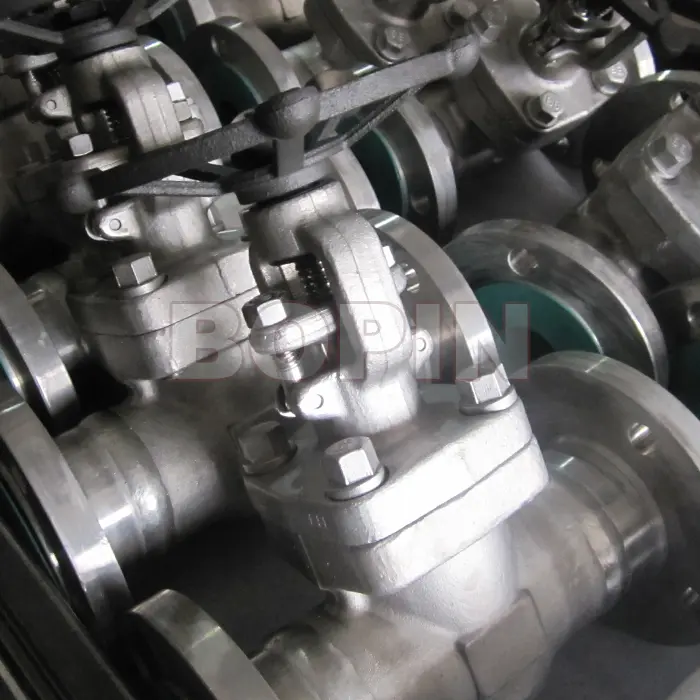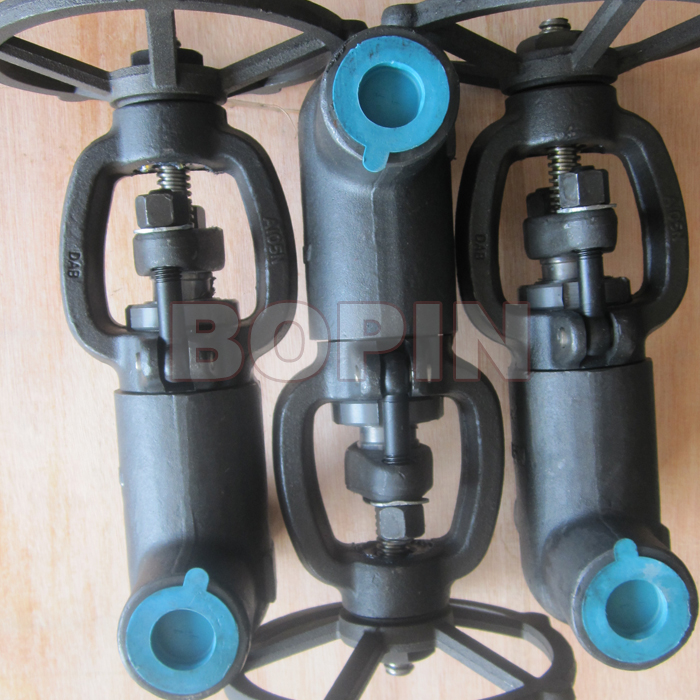01020304
Forged Steel Gate Valves
Production Range
The production range of forged steel gate valves refers to the various sizes, pressure classes, material types, and other specifications that can be manufactured to meet different industry requirements. Forged steel gate valves are versatile and can be customized for a wide range of applications, from low-pressure systems to high-temperature and high-pressure environments.
1. Sizes
Valve Sizes: Forged steel gate valves are typically available in sizes ranging from ½ inch to 2 inches (DN 15 to DN 50), though larger sizes may also be produced depending on the application.
End Connections: Available in various end types including flanged ends, butt-weld ends, socket-weld ends, and threaded ends.
Special Sizes: Custom sizes can be manufactured for specific requirements in large-scale industrial applications, such as offshore platforms or power plants.
2. Pressure Classes
Pressure Ratings: Forged steel gate valves are manufactured according to various pressure classes, typically specified as follows:
Class 150 (PN 20): For low to medium-pressure applications.
Class 300 (PN 50): Suitable for moderate to high-pressure systems.
Class 600 (PN 100): For high-pressure applications.
Class 900 (PN 150) and Class 1500 (PN 250): For very high-pressure systems, often used in critical applications like oil and gas pipelines.
Class 2500 (PN 420): Available for extreme high-pressure applications.
The pressure rating of the valve typically depends on the material, size, and design, with higher ratings suited to more demanding environments.
3. Material Types
Carbon Steel: Commonly used for standard applications. Materials like ASTM A105 and A350 LF2 are widely used.
Alloy Steel: For applications requiring higher strength, corrosion resistance, and heat resistance. Examples include ASTM A217 and A182.
Stainless Steel: For applications where corrosion resistance is critical, such as in chemical processing and marine environments. Materials like ASTM A182 F304, F316, and F304L are common.
Other Alloys: Special alloys may be used for extreme applications, such as monel, Inconel, or Hastelloy for high-temperature or highly corrosive environments.
Types of Forged Steel Valves That BPFV Can Produce
Forged steel valves come in various types, each designed to perform specific functions in fluid and gas control systems. Here are some of the most common types of forged steel valves:
1. Forged Steel Gate Valve
Function: Primarily used for isolating or stopping the flow of liquids or gases.
Operation: A gate or wedge moves up or down to allow or block flow. It provides a straight-through flow path when open, causing minimal pressure drop.
Applications: High-pressure systems, water treatment, oil & gas pipelines, and power plants.
2. Forged Steel Globe Valve
Function: Designed to regulate or throttle the flow of fluids.
Operation: A movable disc inside the valve body moves to control the flow through a constricted passage. This design allows precise control over the flow rate.
Applications: Flow control applications, such as cooling systems, HVAC, and fuel systems.
3. Forged Steel Ball Valve
Function: Used to control the flow of liquids and gases with a rotating ball that has a hole or port through the middle.
Operation: The ball valve rotates 90° to either allow or block flow. It provides a quick and reliable shut-off.
Applications: Oil and gas, chemical processing, water treatment, and various industrial systems.
4. Forged Steel Check Valve
Function: Prevents backflow in pipelines to protect equipment and maintain flow direction.
Operation: A one-way valve that opens to allow flow in one direction and closes when flow reverses, preventing backflow.
Applications: Water and wastewater systems, oil pipelines, and HVAC systems.
5. Y-Pattern Valve
Function: Used for controlling fluid flow and reducing turbulence.
Operation: The Y-pattern valve has a body shaped like the letter "Y," which reduces pressure drop while offering good flow regulation capabilities.
Applications: High-pressure systems, steam, and gas applications.
Each of these forged steel valve types is chosen based on the specific requirements of the application, such as flow control, pressure ratings, temperature, and fluid type. Forged steel valves, due to their robust construction, are highly reliable in demanding and harsh industrial environments.
6. Forged Steel Strainer
Forged steel strainers are essential components used in various industrial systems to remove impurities, debris, or particulates from liquids or gases in pipelines. These strainers are made using the forging process, which enhances the strength and durability of the material. They are designed to protect sensitive equipment, such as pumps, valves, and other components, by ensuring that foreign particles do not enter and cause damage or blockages. Y-Strainers: Shaped like the letter "Y," these are typically used for low to medium flow rates and are easy to maintain due to their compact design.
Applications of Forged Steel Strainers:
Oil and Gas Industry: Protecting pipelines, pumps, and compressors from particulate damage.
Chemical and Petrochemical Plants: Ensuring clean fluids and preventing blockages in reactors, heat exchangers, and other equipment.
Power Generation: Protecting turbines, cooling systems, and other critical components from contaminants.
Water Treatment: Filtering debris from water and wastewater systems to ensure the proper functioning of pumps and valves.
Features
Forged steel gate valves are essential components used in industries such as oil and gas, power generation, petrochemical, and water treatment for controlling the flow of fluids or gases. These valves are designed to offer exceptional strength, durability, and reliability, especially in high-pressure and high-temperature environments. Below are the key features of forged steel gate valves:
1. High Strength and Durability
Forged steel valves are made by heating and shaping the steel under pressure, a process that aligns the material’s grain structure. This provides superior mechanical properties compared to cast valves, offering high tensile strength and resistance to cracking, fatigue, and stress, making them suitable for critical applications.
2. Leak Tightness
Gate valves are designed to provide tight shut-off with minimal leakage. The wedge-shaped gate moves up and down, creating a metal-to-metal seal when fully closed. In forged steel gate valves, this sealing performance is reliable, especially in high-pressure systems.
3. Corrosion Resistance
Forged steel gate valves are available in various materials, including carbon steel, stainless steel, and alloy steels. This allows them to be used in corrosive environments, such as chemical plants and offshore oil rigs, where corrosion resistance is crucial.
4. High Pressure and Temperature Ratings
Due to the forging process, these valves are designed to withstand extreme pressure and temperature conditions. They are ideal for use in pipelines and systems with high-pressure or elevated temperature requirements.
5. Compact Design
Forged steel gate valves have a compact and streamlined design, making them suitable for applications with limited space or where minimal pressure drop is desired when the valve is fully open.
6. Reliable Operation
These valves are simple in construction and easy to operate. They provide smooth, reliable performance, especially for on/off control applications. When fully opened, the flow path is unobstructed, minimizing pressure loss.
Applications
Forged steel gate valves are versatile components widely used in industrial applications where high pressure, high temperature, and durability are crucial. Their robust design, reliability, and resistance to wear and corrosion make them ideal for a variety of challenging environments. Below are some key applications of forged steel gate valves:
1. Oil and Gas Industry
Upstream (Exploration and Production): Forged steel gate valves are used in oil and gas drilling operations, particularly for wellhead equipment, pipelines, and flowlines. Their ability to withstand high pressures and temperatures makes them ideal for controlling the flow of crude oil and natural gas.
Midstream (Transportation): In pipeline systems that transport oil and gas, these valves are used for isolating sections of the pipeline for maintenance or emergency shutdowns. The reliable sealing helps prevent leaks and ensures safety.
Downstream (Refining): Forged steel gate valves are essential in refineries, handling aggressive chemicals, high pressure, and temperature conditions during the refining process.
2. Power Generation
Thermal Power Plants: Forged steel gate valves are widely used in steam and water pipelines within thermal power stations, where they manage high-pressure steam flow for turbines. Their robust design helps control flow and prevents contamination in critical systems.
Nuclear Power Plants: In nuclear power plants, forged steel gate valves are used in cooling systems, reactor shutdown systems, and other high-stakes applications, where reliability is paramount for safety and operation.
3. Chemical and Petrochemical Plants
Flow Control: These valves are used for controlling the flow of aggressive chemicals and fluids in the production process. Their resistance to corrosion and wear ensures their continued performance in environments where other materials might degrade.
Pressure Relief: In reactors and storage tanks, forged steel gate valves are used to control and isolate flow during pressure relief operations, protecting equipment from overpressure.
4. Water and Wastewater Treatment
Forged steel gate valves are employed in municipal water systems and wastewater treatment plants for flow isolation, valve control, and system maintenance. They are especially useful in high-pressure applications like pumping stations and filtration systems.
5. Marine Industry
In offshore platforms and marine vessels, forged steel gate valves are used for fluid control in ballast systems, fuel systems, and pipeline operations, where high strength and resistance to the marine environment are essential.
6. HVAC Systems
Forged steel gate valves are also used in large-scale HVAC (heating, ventilation, and air conditioning) systems for regulating the flow of fluids like hot water or steam, maintaining efficiency in industrial or commercial buildings.
In these demanding applications, the reliability, high-pressure tolerance, and long service life of forged steel gate valves are key factors that make them indispensable.
1







